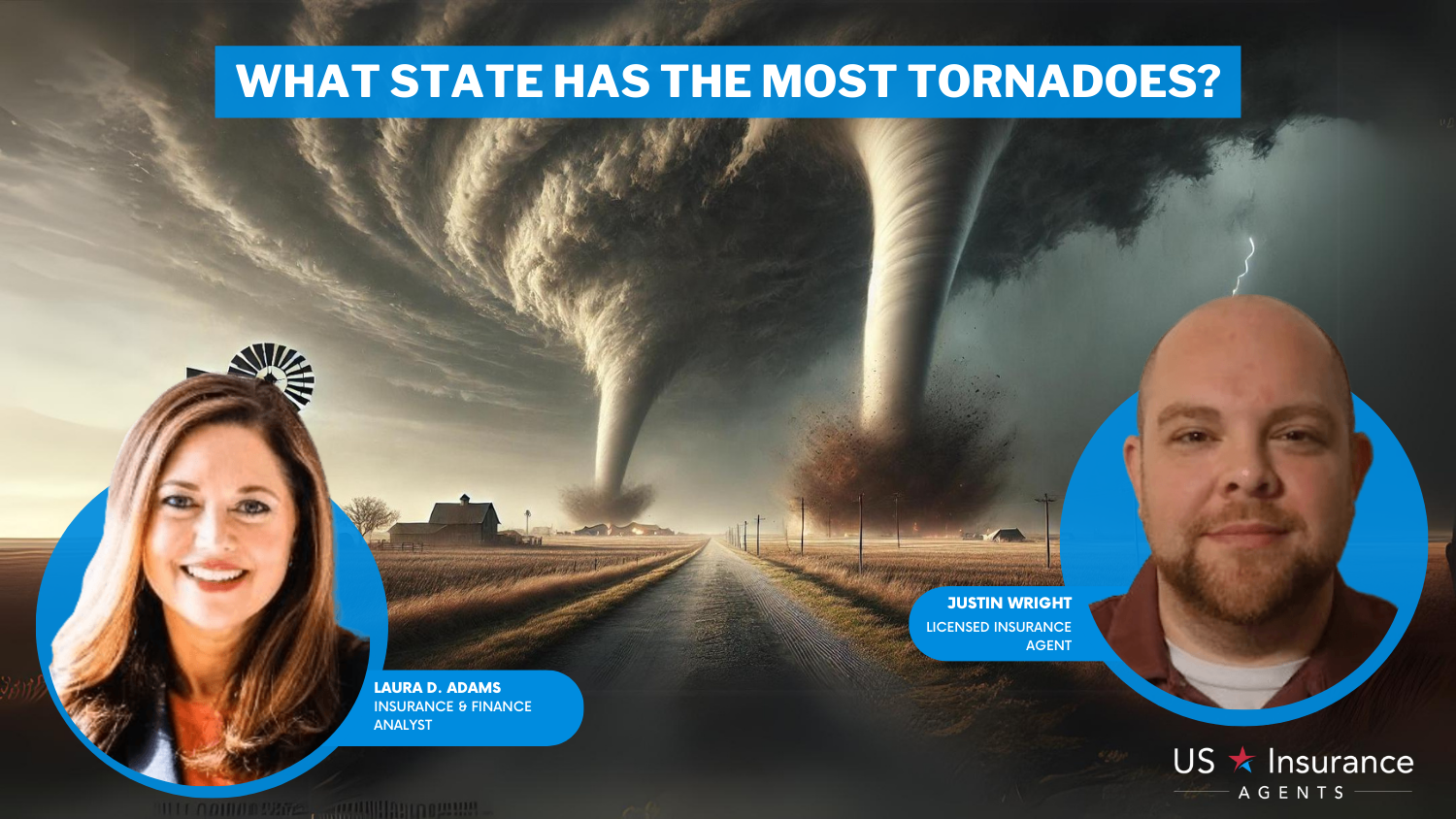 Post
PostA Guide to Simple Machines Used in Cars & Trucks
Simple machines were created to make work easier for people. They are the basis of more complex machines, such as cars. The six simple machines are wheel and axle, lever, pulley, inclined plane, wedge...












![Paycheck Protection Program for Female Business Owners [10 Best States + Insurance Advice]](https://www.usinsuranceagents.com/wp-content/uploads/2020/08/paycheck-protection-program-for-female-business-owners.png)
![Natural Ways to Clean Your Vehicle [Avoid Rust & Harmful Chemicals!]](https://www.usinsuranceagents.com/wp-content/uploads/2020/06/Natural-Ways-to-Clean-Your-Vehicle.png)

![Coronavirus Pandemic Readiness: U.S. School Districts Ranked [2026]](https://www.usinsuranceagents.com/wp-content/uploads/2020/05/f3a3bcc0-student-coronavirus.jpg)
![States with the Most (& Least) Gun Deaths [+ Causes]](https://www.usinsuranceagents.com/wp-content/uploads/2020/01/States-with-the-Most-Least-Gun-Deaths.png)
![The Most and Least Car-Dependent States [Complete Study]](https://www.usinsuranceagents.com/wp-content/uploads/2019/11/most-and-least-car-dependent-states.png)






